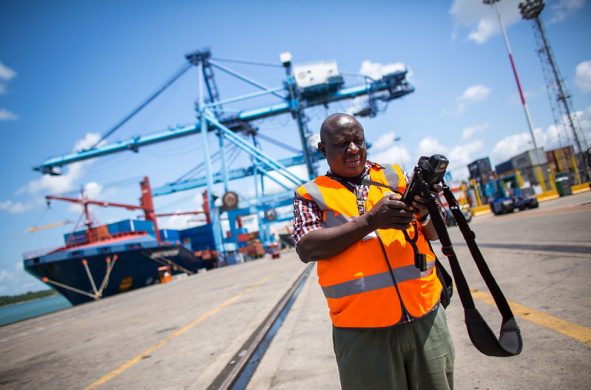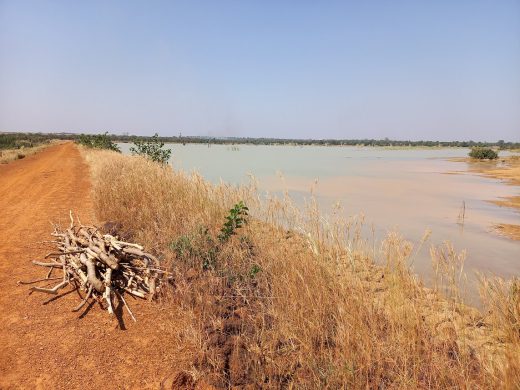Tilladelser til fældning af skov i Ghana er et stort rod, og en del af tømmeret fra det afrikanske land kan dermed være illegalt. Importører risikerer derfor bøder eller fængsel for brud på EU’s tømmerlovgivning, der trådte i kraft i marts, skriver Global Witness tirsdag.
LONDON, Tuesday May 28, 2013: The majority of logging permits in use in Ghana will not fall within the legal definition the country has agreed with the European Union, documents obtained by Global Witness reveal.
Analysis of over 800 permits handed to logging companies in Ghana shows the majority of timber being cut and exported carries a high-risk of being illegal.
This could land European importers with a substantial jail term or heavy fine, under the EU’s new Timber Regulation (EUTR) which came into force in March 2013. These revelations come ahead of a high level progress meeting this week between the EU and Ghana on measures to stamp out the trade in illegal Ghanaian timber.
“Ghana’s logging permits are in a mess. Of six types of permit issued by the authorities to logging companies, only two fall within the government’s own definition of what is legal”, said David Young, Forest Sector Transparency Campaigner at Global Witness, who conducted an independent review of the lists of permits.
“Until the government gets its house in order European buyers should consider all Ghanaian timber products as extremely risky, and make sure they are doing thorough checks along their supply chains,” he added.
A briefing prepared by Global Witness calculates that 300 of the 800 permits are currently operable, covering 15,500 km2 – an area three-quarters the size of Wales. Types of permit clearly recognised in the legal framework, such as ‘ratified Timber Utilisation Contract’ account for 3,100 km2 in total, while other kinds which are not recognised in law such as ‘Leases’, ‘Harvesting Rights’ and ‘Entry Permits’ cover a much greater area – roughly 12,400 km2.
The new list also directly contradicts a register of permits published by the Ghana Forestry Commission “to show proof of the legal sources of wood” in anticipation of the advent of the EUTR. The Timber Regulation requires importers to assess risk and avoid the import of illegally harvested timber into Europe.
Young said “We have seen two lists – the one the Government of Ghana made public before the new regulations kicked in, and one it sent us. The numerous inconsistencies suggest the first step in ensuring legality – the allocation of permits – is not working. Buyers should be worried about that: if they are caught importing timber cut under an illegal permit they could face up to two years in jail in some jurisdictions.”
Læs hele pressemeddelelsen her: http://www.globalwitness.org/ghanapermits
Begynd ved. “As well as the EU timber regulation…”














